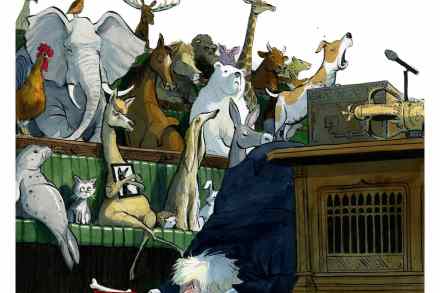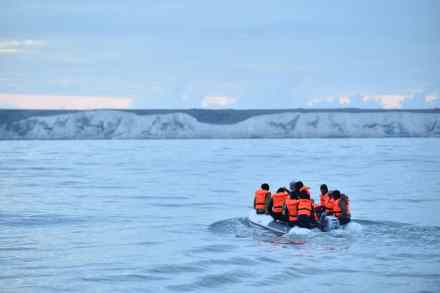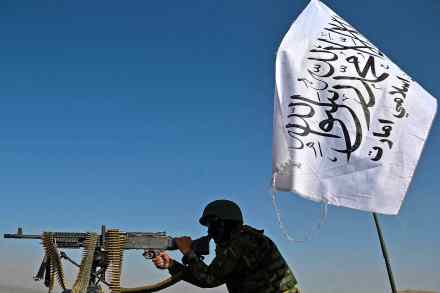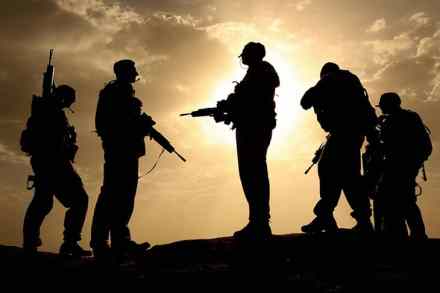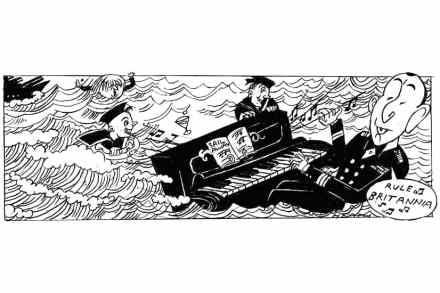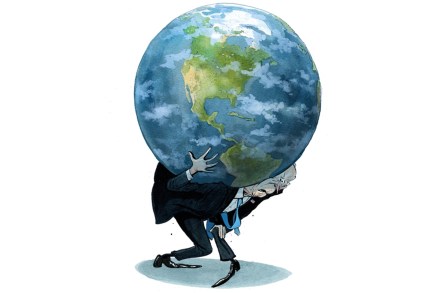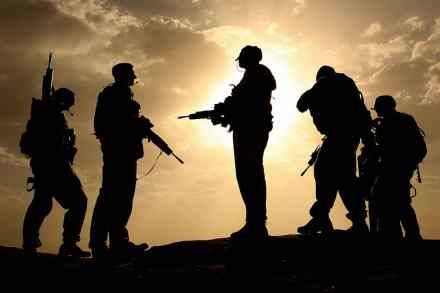Could an uprising succeed against the Taliban?
The social media accounts of the new so-called ‘National Resistance Front’ (NRF) in Afghanistan give the impression of a raging insurgency already taking place against the Taliban. The talk is of ‘intense clashes’, with the Taliban suffering ‘heavy casualties.’ There are exaggerated accounts of running battles and successful ambushes against the Taliban across the north and east of the country, in particular in the Panjshir Valley, a long narrow region surrounded by mountains on all sides, not far north of Kabul. It was here that the NRF first raised its flag last summer as the country collapsed in the face of a Taliban assault. That flag is one of the


